This article was originally posted on RegBlog on January 30, 2017.
Occupational licensing is not new, and neither is interest in its study and reform. Indeed, Milton Friedman’s dissertation included an early exploration of the labor market institution. However, licensing has massively expanded in recent decades: roughly 5 percent of workers were licensed in the 1950s, compared to about one quarter of workers today. Importantly, this increase in licensing is for the most part not a consequence of the swelling service sector, replete with licensed physicians, lawyers, and teachers. Rather, the bulk of growth in licensing has resulted from the extension of licensing to previously unlicensed occupations.
There are a few reasons to view this trend with dismay. First, the economic costs stemming from licensing are large: by one estimate, licensing is associated with 2.8 million fewer jobs. Second, much of the impetus for licensing has come from parties with a financial interest in excluding others from their field and keeping prices high. Because the regulatory costs are dispersed across a broad set of difficult-to-mobilize individuals, the political logic often favors licensing proponents, even in the absence of a compelling justification.
Moreover, even in cases in which most would agree that licensing would be justified, its requirements are often overly burdensome or poorly targeted to public health and safety concerns. Finally, many jurisdictions do not have rigorous procedures in place to evaluate existing licensure and proposals for new licensure.
The analysis and reform of occupational licensing has been—until quite recently—a lonely field. Professor Morris Kleiner of the University of Minnesota has been the major figure in this field, having conducted a wide range of studies over several decades (incidentally, in 2015, he wrote an influential policy proposal for The Hamilton Project). Libertarian activists, like those at the Institute for Justice, have long advocated for curtailing excessive licensing requirements, with contributions from litigators and researchers alike. But licensing reform was met with indifference or hostility by many others, including professional associations that represent those with direct financial interest in the policies.
Over the last few years, however, an increasingly broad array of stakeholders and policymakers have indicated a desire to reform occupational licensing. Notably, the Obama White House, the U.S. Department of Treasury, and the U.S. Department of Labor produced a comprehensive report on occupational licensure, supported by evidence and theory related to the growth of this institution, and which contained guidelines for reform. These efforts were followed by White House engagement with state policymakers on a number of licensing-related issues. In separate speeches and articles, former Chairman of the Council of Economic Advisers Jason Furman advocated for a more restrained approach to licensing policy that recognized the danger of rent-seeking and associated harms to consumers and workers.
An important cause and consequence of this newfound focus on licensing reform has been the recognition that excessive licensing imposes costs on a wide variety of distinct groups, including people with criminal records, immigrants, military families, low-skilled workers, and entrepreneurs—not to mention consumers. Regardless of ideology, it is hard not to be moved by the difficulties that many of these groups encounter in the face of such licensing requirements. To name a few, individuals with criminal records are sometimes barred from working, for instance, as sheet metal workers or barbers, many military veterans with relevant skills are prevented from entering licensed occupations, and entrepreneurs are foiled by an inflexible vision of how work should be organized.
Libertarian writers and organizations have called attention to many of these issues over the years. More recently, a number of others in the policy community—not typically associated with libertarian advocacy—have examined licensing in a critical light, including The Hamilton Project, The Progressive Policy Institute, and (insofar as licensing barriers affect people with criminal records) the National Employment Law Project.
Accordingly, the recognition that licensing is relevant to a whole host of disparate policy concerns—including criminal justice, labor mobility, the “gig” economy, antitrust policy, and income inequality, among many others—will increasingly characterize reform efforts. This will affect the rhetoric and the constituencies mobilized in support of the efforts, allowing for a broader and less ideological push for reform.
Indeed, one important licensing concern was addressed by the U.S. Supreme Court in 2015 in North Carolina State Board of Dental Examiners v. Federal Trade Commission. In this case, the Supreme Court held that although states frequently employ the practice of delegating their regulatory authority to licensing boards populated largely by practitioners—that is, those who have a direct interest in tighter regulation of their profession—North Carolina was obligated to exercise “active supervision” of the Board of Dental Examiner’s activities to immunize the Board from antitrust scrutiny. Although the long-term effects of this decision are still unclear, several lawsuits already have been filed, and some states are likely to respond by reducing the influence that practitioners have over their own licensing decisions.
The overall outlook for licensing reform is—like much in the current policy environment—probably more uncertain than it appeared a few months ago. On the one hand, the Republican-controlled Congress previously had indicated support for reform, and it may now be inclined to push harder for change. On the other hand, it is difficult to assess the Trump Administration’s desire to make licensing reform an element of its economic agenda.
More to the point, since licensing is predominantly a state issue, the federal government has limited levers for encouraging change. As such, it is likely that we will see the same range of actions as we have in the recent past.
For example, some state policymakers will continue to pursue piecemeal—albeit important—reforms to particular aspects of the licensing regime, as did Illinois with criminal record barriers, Michigan with firefighter licensing reciprocity, and Minnesota with barriers to immigrant physician licensure. And, following the issuing of the White House licensing report, the federal government is facilitating these efforts with appropriations intended to encourage interstate reciprocity in licensing.
Other states may introduce reforms that aim for a more systematic review of their existing rules and new licensure proposals, as did Delaware and Vermont. Translating this sort of review into policy change can be difficult: for instance, many observers have concluded that the process of de-licensing occupations has been relatively rare.
In the long run, licensing reform efforts may be most effective when they focus on reducing the difficulty of obtaining licenses and preventing inappropriate new licensure. The deployment of accurate cost-benefit analysis by state governments is a crucial part of achieving both goals.
The Brookings Institution is committed to quality, independence, and impact.
We are supported by a diverse array of funders. In line with our values and policies, each Brookings publication represents the sole views of its author(s).
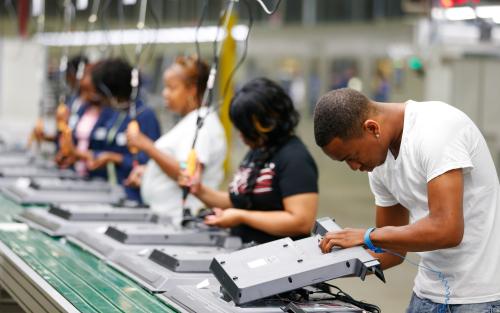



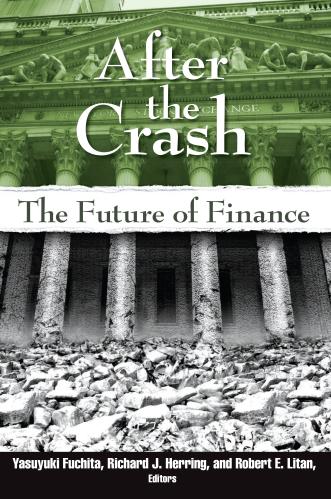
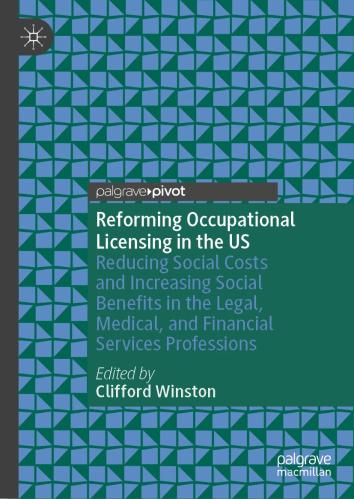

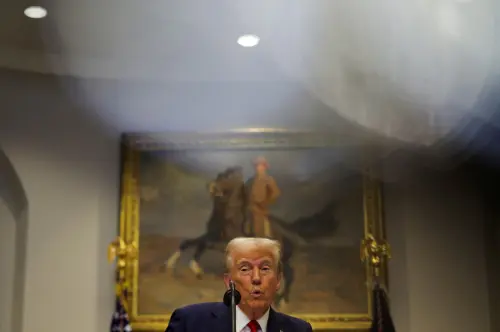
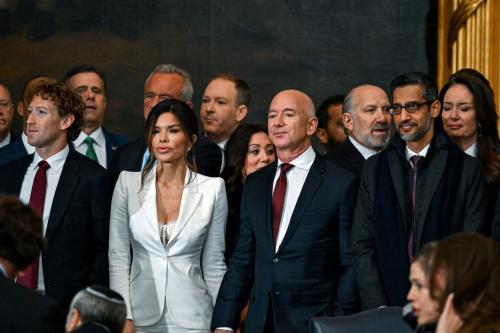
Commentary
Op-edThe future of occupational licensing reform
January 30, 2017